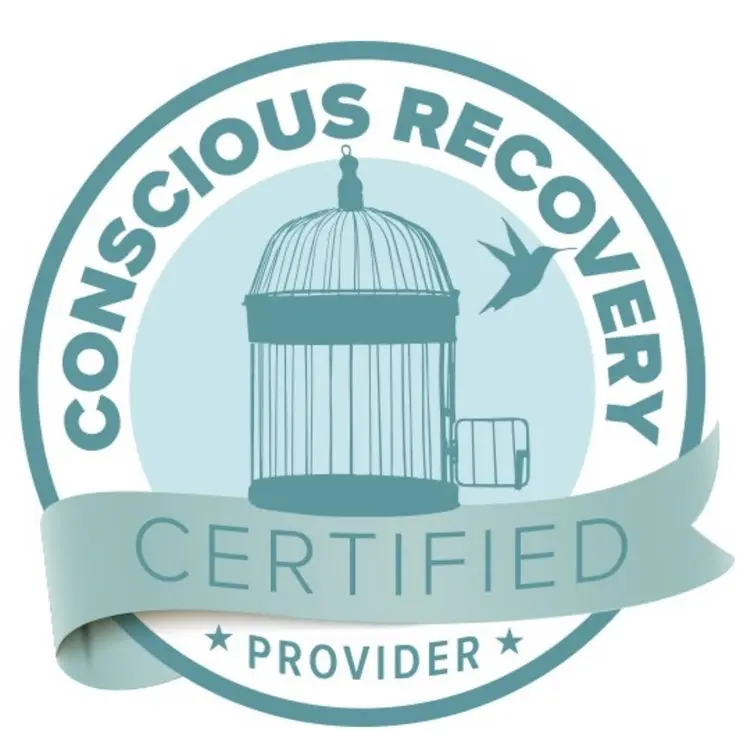Lebert-Charron, A., Dorard, G., Boujut, E., & Wendland, J. (2018). Maternal Burnout Syndrome: Contextual and Psychological Associated Factors. Frontiers in psychology, 9, 885. https://doi.org/10.3389/fpsyg.2018.00885
van Horen, F., Wänke, M., & Mussweiler, T. (2023). When it pays to be clear: the appeal of concrete communication under uncertainty. International Journal of Advertising, 43(3), 533–553. https://doi.org/10.1080/02650487.2023.2206689
Alan Maddock, The Relationships between Stress, Burnout, Mental Health and Well-Being in Social Workers, The British Journal of Social Work, Volume 54, Issue 2, March 2024, Pages 668–686, https://doi.org/10.1093/bjsw/bcad232
Huhn, J. M., Potts, C. A., & Rosenbaum, D. A. (2016). Cognitive framing in action. Cognition, 151, 42-51. https://doi.org/10.1016/j.cognition.2016.02.015
Nadri, Z., Torabi, F., & Pirhadi, M. (2024). A comparative analysis of stress, anxiety, and social well-being of working mothers and stay-at-home mothers during the covid pandemic. Journal of education and health promotion, 13, 142. https://doi.org/10.4103/jehp.jehp_220_23




